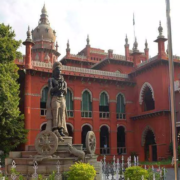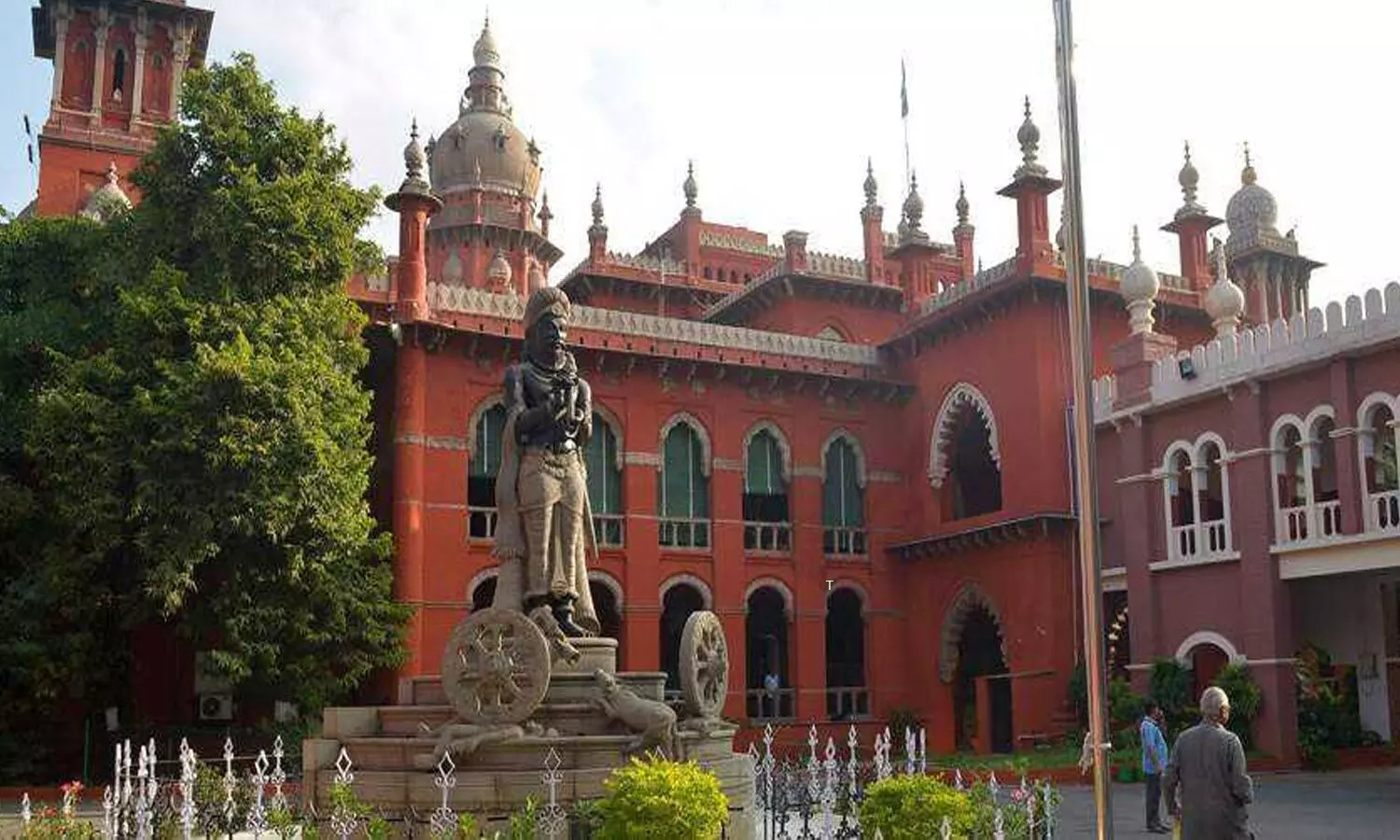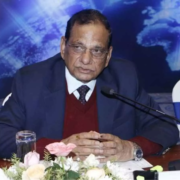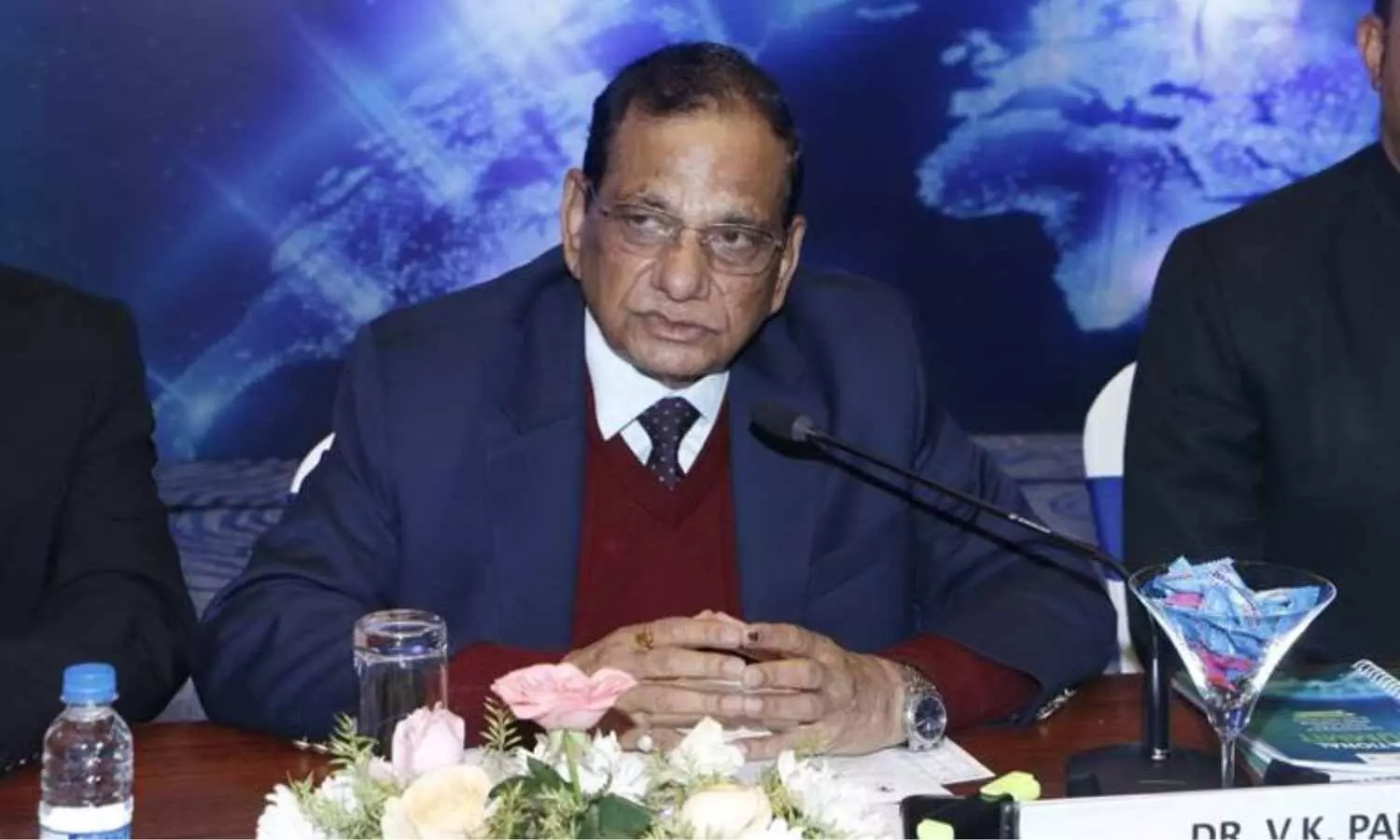
New Delhi: The National Consumer Disputes Redressal Commission (NCDRC) recently exonerated a nursing home from charges of medical negligence in the treatment of a patient suffering from an intestinal ulcer.
Even though the complainant alleged that her daughter died after being administered an expired glucose injection, the Apex Consumer Court noted, “in the complete absence of expert opinion, clinical documentation or independent evidence and a specific denial supported by discharge notes and medical records, no case of deficiency in service or negligence is made out against the OPs.”
The history of the case goes back to 2004, when the patient’s mother, the complainant, took her to the nursing home with complaints of stomach pain, fever, and an intestinal ulcer. She deposited Rs 5,000 towards the initial treatment, and the patient was admitted to the facility.
However, the complainant alleged that after administering her daughter a glucose injection, she was told to deposit an additional sum of Rs 12,000 on the ground that the patient required an urgent surgical procedure. Since she was unable to furnish the said amount immediately, her daughter was thereafter allegedly administered a life-expired glucose injection and a poisonous injection, which allegedly led to rapid deterioration in the patient’s medical condition, and ultimately resulted in her death.
It was alleged that her request to meet the treating doctor to ascertain the reasons was also denied. Further, despite her repeated demands, she was allegedly not provided with the treatment records or any related information. Aggrieved by the alleged deficiency in service and medical negligence, the complainant approached the consumer forum.
On the other hand, the nursing home and the doctor argued that the complainant failed to deposit the additional amount of Rs 12,000 and to arrange two units of blood required for her daughter’s treatment, and she voluntarily chose to take the patient out of the nursing home. It was further submitted that a refund of Rs 4,560 was issued to the complainant at the time of discharging the patient.
It was claimed that the patient was alive when the patient left the premises and therefore it denied any liability for the events that occurred thereafter and asserted that no act of medical negligence was committed by the doctors attending to the patient. It was submitted that the allegations levelled by the Complainant were based on incorrect facts, and accordingly, the complaint should be dismissed.
The District Consumer Court, Allahabad, directed the Opposite Party is directed to pay Rs.2,00,000/- on account of compensation and Rs.1000/- as litigation cost within two months from today and interest @ 8% per annum after two months till the date of payment.
However, when this order was challenged before the State Consumer Court, it set aside the District Commission’s order, while noting that if a person does not get desired results, it cannot be a sole ground to establish that the doctor have performed their duty or they have been negligent in the treatment. Further, the State Commission noted that without any specialist’s opinion, it is difficult to conclude that the doctors have committed medical negligence.
Challenging the State Commission’s order, the complainant approached the Apex Consumer Court. Her counsel claimed that the doctor of the nursing home placed the dead body of the patient outside the nursing home premises and despite the complainant’s repeated requests, the complainant was denied access to the relevant medical documents concerning her daughter’s treatment.
Assailing the State Commission’s findings, the counsel for the complainant further argued that the State Commission failed to appreciate the reasoned findings of the District Forum. He argued that several material aspects were overlooked by the State Commission while setting aside the said order. It was specifically contended that the State Commission did not consider the finding of the District Forum regarding the absence of any documentary evidence or receipt placed on record by the OP to support its claim of refund of Rs. 4,560, nor was such claim substantiated by any affidavit.
However, the counsel for the nursing home, argued that the patient was brought to the nursing home of the treating doctor, who was suffering from acute stomach pain, intestinal ailments, and fever. She was accompanied by her brother, who was informed to deposit Rs. 5,000 towards immediate treatment involving glucose administration. For the proposed operation, he was required to arrange Rs.12,000 and two units of blood. Upon failing to procure the same, the complainant’s brother requested the discharge of the patient and submitted a written statement on the back of the bed-head ticket, acknowledging that he was taking the patient on his own volition and responsibility.
It was asserted that no death occurred in the nursing home and that the Complainant failed to establish any instance of negligence, deficiency in service, or improper treatment. Further, it was submitted that all necessary first aid was given to the patient and that the order passed by the State Commission was based on appreciation of the evidence on record, and accordingly, prayed that the complaint be dismissed.
The top consumer court took note of the submissions by both parties and the orders of both the District and the State Commission. The NCDRC bench noted of the settled legal position concerning medical negligence, as enunciated by the Supreme Court in the case of Kusum Sharma and Ors. vs. Batra Hospital and Medical Research Centre and Ors.
Further, the NCDRC bench referred to the Supreme Court order in the case of Jacob Mathew vs. State of Punjab, in the case of C.P. Sreekumar (Dr.), MS (Ortho) v. S. Ramanujam, PGIMER Chandigarh vs. Jaspal Singh, and Savita Garg (Smt.) vs. Director, National Heart Institute, and several other legal precedence.
The NCDRC observed that even though the complainant alleged medical negligence against the OPs on the ground that the patient was administered expired glucose and a poisonous injection, which deteriorated her condition and led to her death.
However, the Commission observed that these assertions rest solely on the complainant’s uncorroborated affidavit and remained unsupported by any medical records, expert opinions, forensic analysis, post-mortem report etc.
“On the contrary, the medical records placed on record indicate that the patient was administered immediate first aid in accordance with standard medical protocol. There is no evidence that has been adduced to show that this course of treatment deviated from accepted norms. The bed-head ticket supports this and affirms that treatment was provided promptly, thereby negating any allegation of deficiency in service at that stage. The allegation that the treatment was denied due to the inability to pay an additional Rs.12,000 also stands disproven by the discharge document furnished by OPs, which reflects that the patient was taken away voluntarily by her own brother by signing a written statement to that effect, expressly acknowledging the decision to discharge her from the OP nursing home was on his own volition. A refund of Rs.4,560 was also issued, and these facts were acknowledged by the State Commission. No material has been brought on record to establish any negligent conduct or omission by the treating doctors that fell below the standards expected of a reasonably competent medical professional. Even presuming that the patient died in the nursing home, to impute medical negligence on the OPs, the Complainant was duty bound to establish a proximate causal link between the alleged negligent act and the resultant death, which is an obligation that remains unfulfilled. There is no expert testimony or medical evidence on record to indicate that administration of expired glucose or any other treatment resulted in her death. The Complainant failed to produce any credible medical opinion to substantiate this allegation. Even to accept the assertion that expired glucose was administered, such a lapse, at best, may have diminished the intended therapeutic effect or reduced the effectiveness of glucose. However, it would be untenable to state that would by itself lead to fatal outcome, unless such consequence is established through reliable evidence,” the Commission observed.
Referring to the legal precedence, the Commission observed that “the initial burden lies on the Complainant to establish a prima facie case, which has not been discharged in the present matter.”
“Applying these settled principles, it is evident that the Complainant failed to prove medical negligence. Thus, in the complete absence of expert opinion, clinical documentation or independent evidence and a specific denial supported by discharge notes and medical records, no case of deficiency in service or negligence is made out against the OPs. In the absence of proximate link between the alleged acts of the OPs and the unfortunate demise of the patient, it is evident that the Complainant has not been able to prove negligence on part of the OPs,” noted the Commission.
Accordingly, upholding the State Commission’s order, the NCDRC bench mentioned in the order “In view of the foregoing, we are of the considered view that the learned District Forum erred in proceeding solely on the Complainant’s affidavit. In contrast, the learned State Commission appropriately concluded that, in the absence of cogent and probative evidence, mere assertions could not sustain a claim for medical negligence. Therefore, we find no infirmity, illegality or jurisdictional error in the Order passed by the State Commission in FA No.1075 of 2008 dated 07.11.2019.”
To view the order, click on the link below:
https://medicaldialogues.in/pdf_upload/sarojani-vs-dr-b-narayan-on-2-july-2025-298606.pdf
Also Read:Tracheostomy without consent, consultation- Consumer Court junks Rs 25 lakh claim against ENT surgeon, Karnataka Hospital














